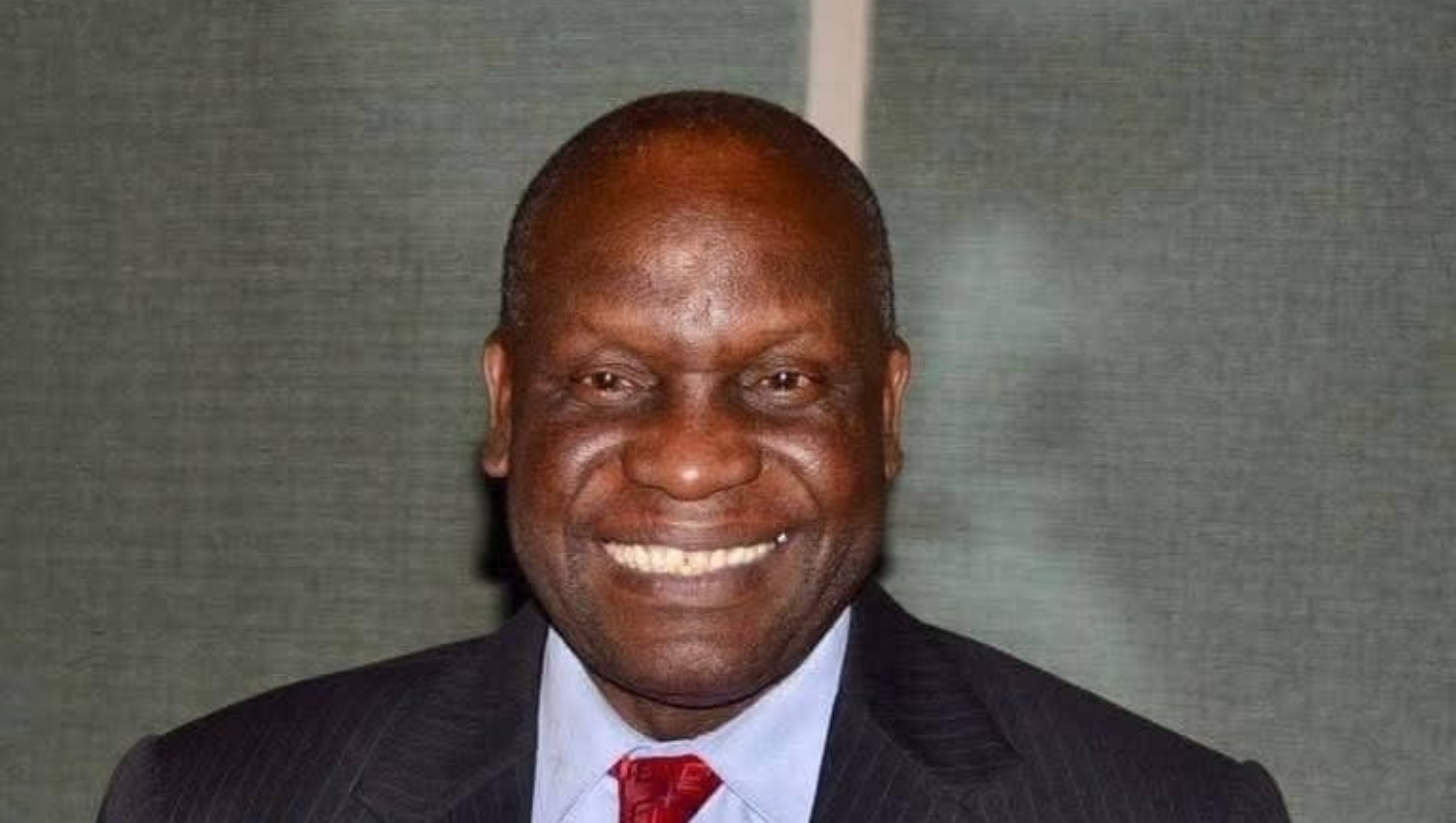- Violence against journalists
We have noted with concern the growing trend of physical and verbal harassment of journalists in their course of duty usually by party cadres, sometimes even in full view of the Police.
The year 2015 ended with several violations including the brutal and humiliating attack on two journalists in Chipata, Peter Sukwa and his counterpart, Kelvin Phiri, others included raids on Chipata’s Breeze FM, Radio Chikaya, Ichengelo, Sun FM, a mysterious gunshot at the Post Newspaper and the continued, arbitrary use of state machinery against journalists or media houses deemed to be critical of government.
The list of violations observed throughout the year and its impact on the freedom of the media is quite saddening. Even more so is the absence of a full, explicit constitutional guarantee of media freedom, save a clause in article 20 of the constitution on the freedom of expression.
MISA has since engaged the Zambia Police service and political parties in the safeguard of journalists and media freedom as well as the need for proactive action in curbing political violence, not only against journalists but even ordinary citizens in their pursuit of enjoying their freedom of expression. As Zambia heads to the polls slated for August 11th, it is important that the Zambia Police are proactive in thwarting acts of violence regardless of whether the media house or practitioner involved is deemed to be critical of government or not.
- Impediments to freedom of expression
In addition to the lack of an explicit guarantee of media freedom in the constitution, there exist several auxiliary laws that seem to take away from the freedom of expression, on which the broader media freedom depends. Among some of the laws inimical to media freedom include such penal code provisions as the prohibited publications (section 53), Defamation of the President (section 69), seditious practices (section 60) and laws on obscenity (section 177). Wider provisions inimical to media freedom and freedom of expression include the State Security Act and the Public Order act, which have been a subject of public outcry for a long time.
We therefore call for continued drive in the advocacy for amendment or repeal of those laws identified to be unconstitutional or incompatible with the tenets of democracy. MISA will continue to advocate for the revision of laws inimical to the freedom of expression through various engagements with government, members of the public and judicial processes.
- Political polarisation of the media
We are concerned with the high level of political polarisation of the media in the country, which if not checked will present a danger as media are believed to functionaries of democracy, providing a platform for the exchange of ideas and views of diverse orientation.
Even more saddening is the bias exhibited by the public media which are expected to be above board by virtue of being public institutions which are supposed to accord equal coverage to diverse sectors of society. This is currently not the case as it seems all views deemed to be critical of government have been ‘blacked out’ in order to portray the sitting government in good light. The public media, particularly ZNBC, Zambia Daily Mail and Times of Zambia should have a character of true public service media which exist to serve the public by providing a platform for participatory democracy, accountability and information dissemination.
We therefore demand that the appointment of officers to the public media is done transparently and consultatively, with protection of the key officers for them to stand up to any undue government interference. It should be noted that there is a close link between the operational and editorial independence of the public media. We also call for the reinstatement of the appointments committee as was originally envisioned in the 2002 ZNBC act, which was later amended in 2010 to remove this progressive provision.
- Digital migration
We note with concern the digital migration process in which the country has managed to migrate only the areas along the line of rail while outlying areas are yet to migrate. It is equally saddening that the level of awareness on the digital migration process has remained very low with a low uptake of the set top boxes by viewers.
It is for this reason that MISA recently undertook a comprehensive field visit on digital migration to ascertain whether the country was truly ready for the migration process and the visit revealed that the digital had many unresolved concerns as expressed by all the stakeholders spoken to and the tours conducted.
It is therefore vital that the digital migration policy is adhered to as was validated by various stakeholders to avoid several divisive issues such as the need for the selection of an independent signal distributor, opposed to what obtained where ZNBC (a content provider) was also selected as the signal distributor.
- Election coverage
We would like to call on all media practitioners to rise to the occasion and adhere to the ethics of the profession as they carry out their duties before, during and after the elections. For this to be a reality, there is need for stakeholders such as political parties, the Police, the Electoral commission and other government agencies to respect, support and promote the role of the media in the holding of peaceful, free and fair elections. MISA Zambia with support from its partners will be monitoring media coverage of the 2016 elections; the monitoring will also track political party promises during the campaigns for them to be easily held accountable if they form government. The nation will receive regular updates of the media monitoring process from the monitoring team.
Hellen Mwale,
![]()
Chairperson-MISA Zambia








